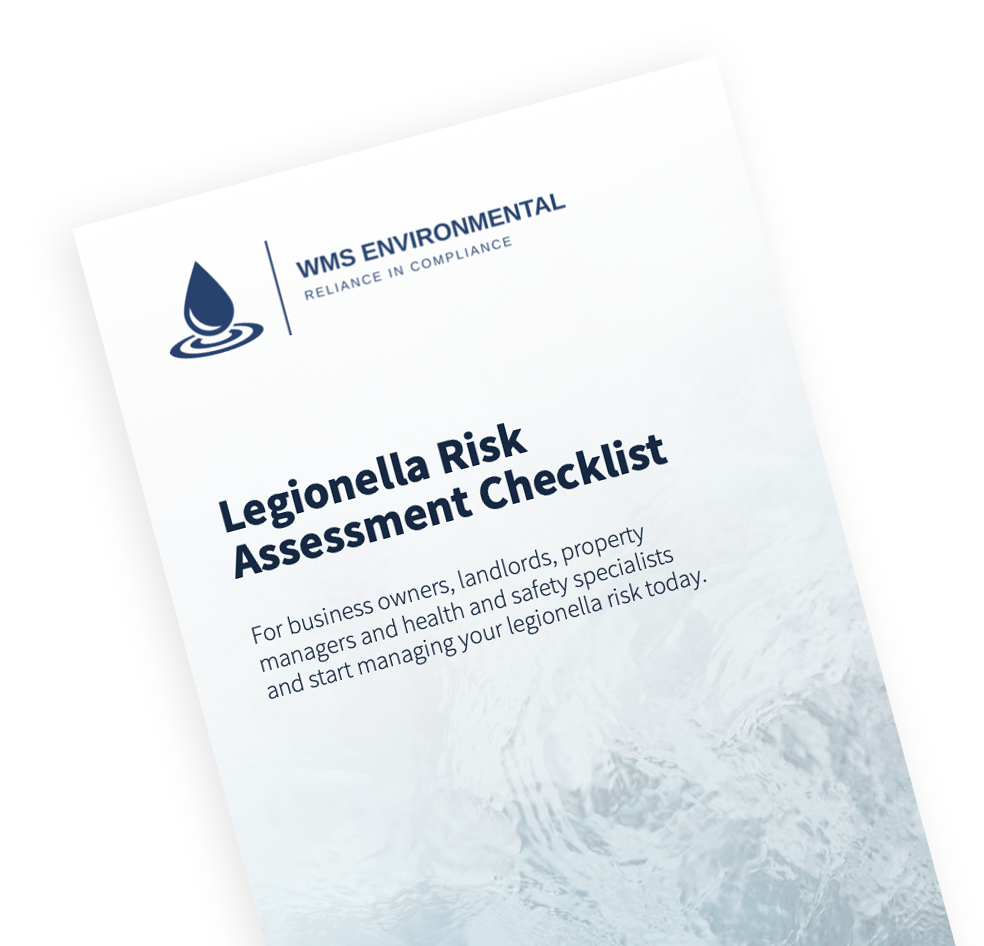Our Services
Chlorination
Water Management Services is committed to providing our customers with safe and professional water treatment services. Our team of qualified engineers specializes in a wide range of chlorination and disinfection services, all of which comply with ACoP L8 and follow the procedures outlined in BS 6700.
Waterborne diseases present in drinking water can be effectively treated through chlorination, ensuring that the water is safe for public consumption. Microorganisms can be present in raw water from rivers, lakes, and groundwater, posing a potential risk to human health. Consumption of water contaminated with pathogens can lead to the development of diseases like Legionnaires' disease.
-
Full System Chlorination
A full system or pipework chlorination is the process of disinfecting and pre-commissioning new private water supplies within the building prior to handover or an existing system.
The recognised standard for undertaking this work is BS 8558 alongside any additional requirements of certain water authorities.
If these standards are not met, you may be liable to prosecution should an outbreak occur, a full system chlorination should be carried out on any new system installation or when a system has been left for a prolonged period of time with no water turnover, it is vital to carry out a full system chlorination of the system if the system has been left with no water turnover and microbiological sampling and analysis carried out.
-
Cooling Tower Chlorination
Cooling tower water disinfection differs from drinking and swimming pool water disinfection. Disinfectants must remove microorganisms without affecting the system. Cooling tower water doesn't need to meet drinking water quality standards, but pathogenic microorganisms must be removed to prevent work-related exposure to Legionella bacteria.
To comply with ACoP L8 and minimize the risk of Legionnaires' disease, regular cooling tower chemical treatment is necessary. Our Cooling Tower Chlorination process includes bio-dispersant addition, physical cleaning, and post-chlorination. Where possible, packing removal for further inspection and cleaning may be included in the scope of work.
-
Water Tank Chlorination
Water storage tanks may require cleaning and disinfection if routine inspections show it to be necessary or if the system has been altered or entered for maintenance in a way that could lead to contamination. It is also necessary during or after a suspected Legionellosis outbreak to prevent or control the risk of exposure to Legionella bacteria. According to ACoP L8, paragraph 190, keeping the system and the water clean is crucial.
When you hire our chlorination and disinfection services, we ensure compliance with ACoP L8 procedures outlined in BS6700. An engineer will assess your site to identify the health and safety precautions needed. The process includes isolating the cold water storage tank and pump sets, fully draining the tank, and performing a physical clean to impeccable aesthetic standards. Chemical cleaning using silver-based hydrogen peroxide, which halves the water volume needed, is used. We use alternative chemicals like chlorine and bio/oil dispersants where applicable. If required, we carry out full system disinfection, including all assets and pipework, and measure chemical levels at every outlet to ensure successful disinfection. We test for TVC, e-coli, coliform, and Legionella using a UKAS-accredited laboratory and issue a disinfection certificate and sample results for your logbook.
INFORMATION
Useful information about Legionella and what it means for your business.

